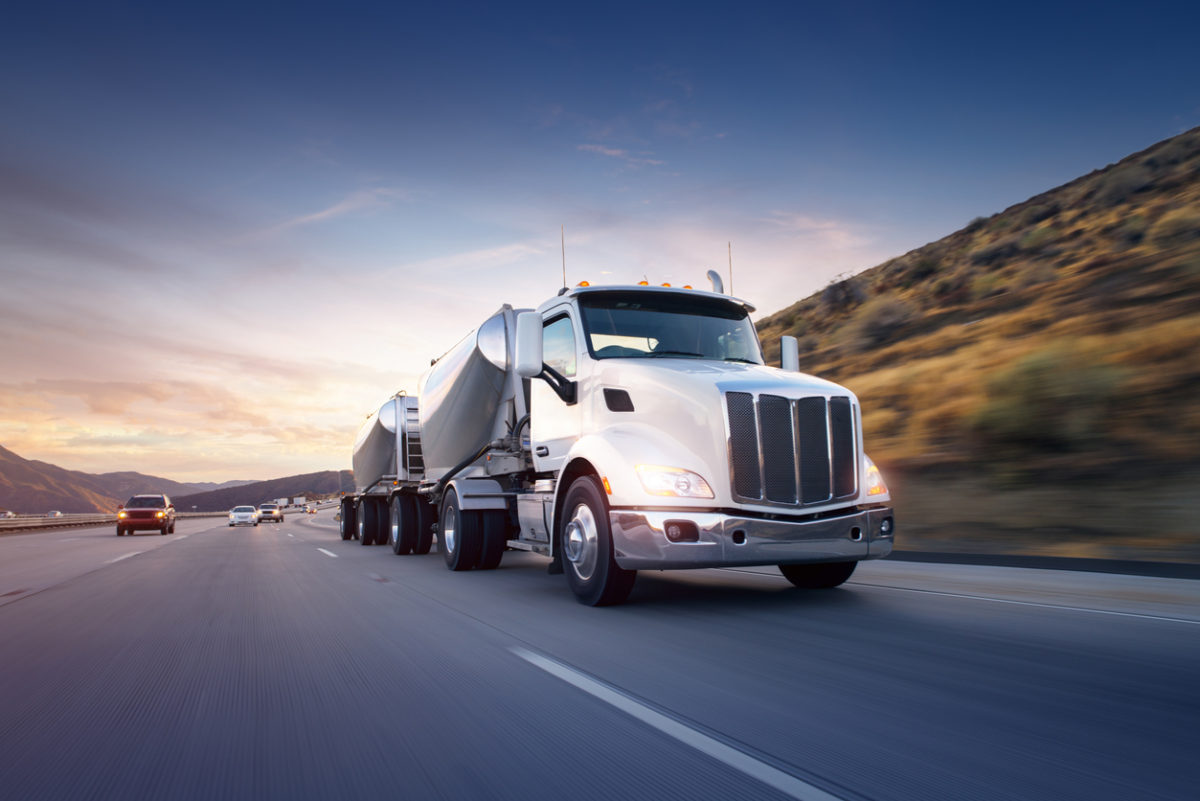In the United States, commercial trucking occupies an important place in commerce. With over 1.5 million trucks in operation on America’s roadways, and with millions of miles traveled each year, truckers contribute significantly to greenhouse gas emissions. While trucking pollution insurance provides coverage against many liabilities related to the environment, reducing pollution from occurring is a powerful risk management practice. In part one of our two-part series on solutions for reducing pollution, we presented an overview of the industry’s impact on the environment and presented ways of improving efficiency to both lower emissions and fuel costs. In the second part of our series, we will explore additional solutions for fleet owners, helping them to make smart decisions about reducing the impact of their operations.
Boosting Efficiency with Full Loads
In the first part of our series, we discussed deadheading as a wasteful operational practice. Load boards were also introduced, helping to pair drivers with full loads as a means of reducing trips with empty trailers. These are not the only practices available to fleet owners to reduce pollution. Another is maximizing available loads.
Utilized by the commercial shipping industry to manage bulky or large cargoes, the practice of consolidation can also be applied to the trucking sector. Container loads are consolidated by mixing larger and smaller items to get the most out of limited cargo space. Full container loads, or FCL, are preferential for shippers wishing to save money and logistical headaches. These full loads also reduce the amount of handling in transit. One of the ways truckers can ensure full truckloads – referred to in the trucking industry as TL — is to work with manufacturers and suppliers regarding:
- Construction of items
- Packaging of items
- Shifting to flat packs
These options may not always be available, depending on the cargoes being hauled and the routes being used. Still, fleet owners have a vested interest in saving on overhead expenses, including fuel and wasted volume in less-than truckload (LTL) shipments. Pursuing this solution makes strong economic sense and helps to reduce unnecessary emissions.
Pooled Freight Options
An even better option to TL cargoes is the concept of “pooled freight,” or combining shipments with others traveling to the same destination. Trucking companies can gain access to third-party freight pooling services, helping them to pinpoint available loads with less handling and less waste. Some of these services offer rates only for the truck space utilized, saving even more money. According to one study, the practice of freight pooling can reduce as much as 40% of carbon emissions, reducing the impact on the environment and keeping trucking pollution insurance claims to a minimum.
Fuel Efficiency in Trucking Operations
Fuel expenses represent one of the largest annual costs for commercial trucking fleets. Saving money on fuel at the pump is the key to long-term success, freeing up funds for business growth and expansion. While fully-electric semi trucks are still a distant possibility, fuel efficiency in trucking is available in the form of more efficient diesel propulsion systems and aerodynamic features. For many fleet owners, the capital investment required to purchase fuel-efficient vehicles is offset by the fuel savings these newer vehicles represent.
Tremendous advances have been made in the commercial trucking sector over the past twenty years. Some of the equipment options for saving on fuel costs include:
- Down-speed diesel engines, which are designed to spin at lower rpms to reduce friction.
- Electronically controlled automatic transmissions.
- Tires with lower rolling resistance.
- Aerodynamic skirting and flared fairings.
- Adaptive/predictive cruise controls.
Reduced fuel use also reduces harmful carbon emissions. By reducing these factors as a risk management approach, fleet operators can get the most out of their trucking pollution insurance policies by reducing operational and liability risks. Efficiency in trucking is the future of the industry; trucking companies adopting these practices ultimately preserve financial assets as they reduce their impact on our environment.
About Western Truck Insurance Services
Western Truck Insurance Services is a commercial truck insurance agency with roots dating back to 1954. We have evolved into a highly respected, professionally managed, truck and transportation insurance brokerage. The hallmark of our organization is our desire to provide unparalleled service. We go way beyond what you expect to receive from an insurance brokerage. Equipped with state of the art automation, Western Truck Insurance can provide you with lightning fast truck insurance quotes, customer service, Insurance certificates, and coverage changes. Contact us today at (800) 937-8785 to learn more!

